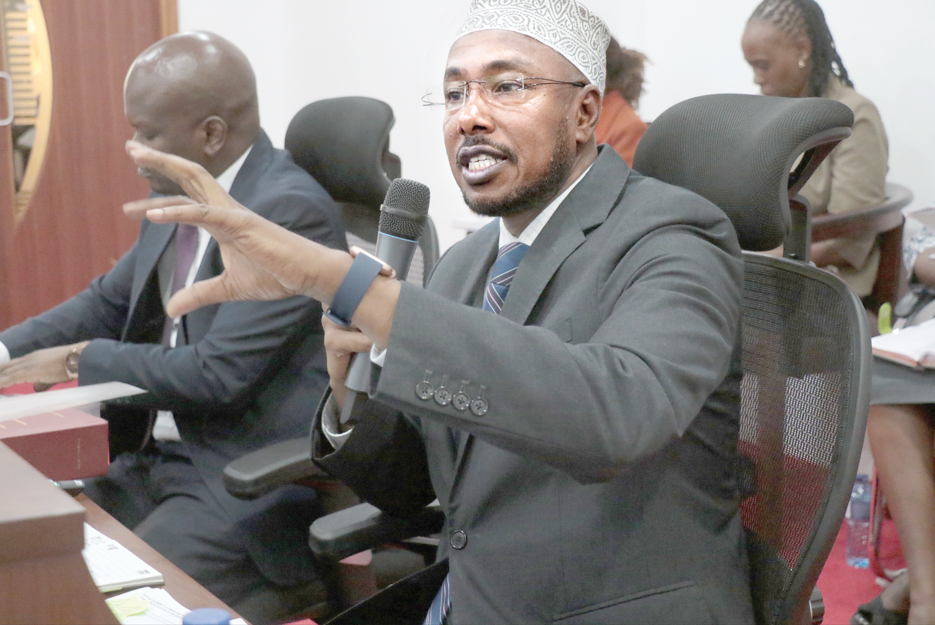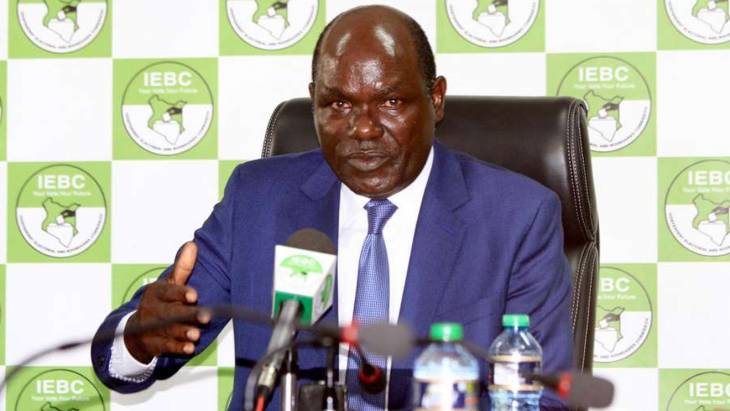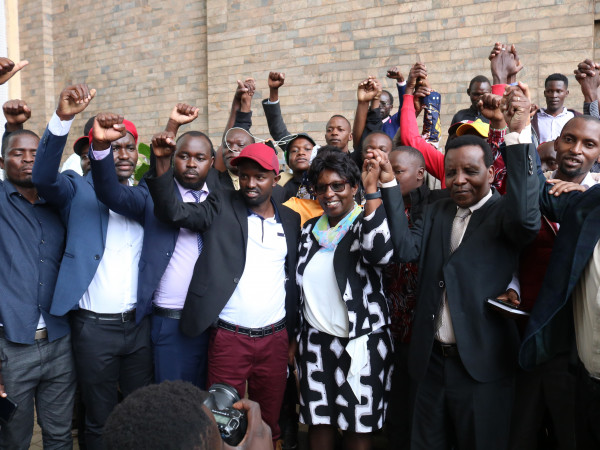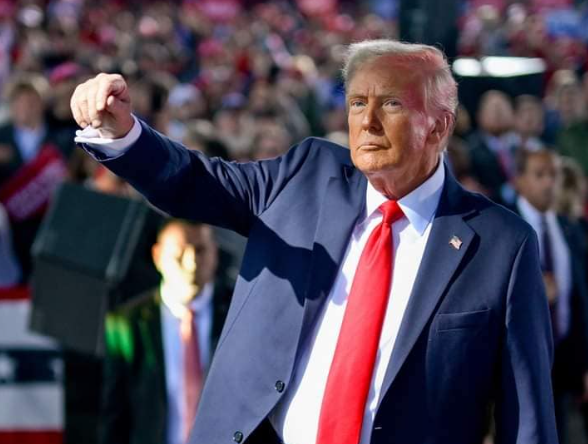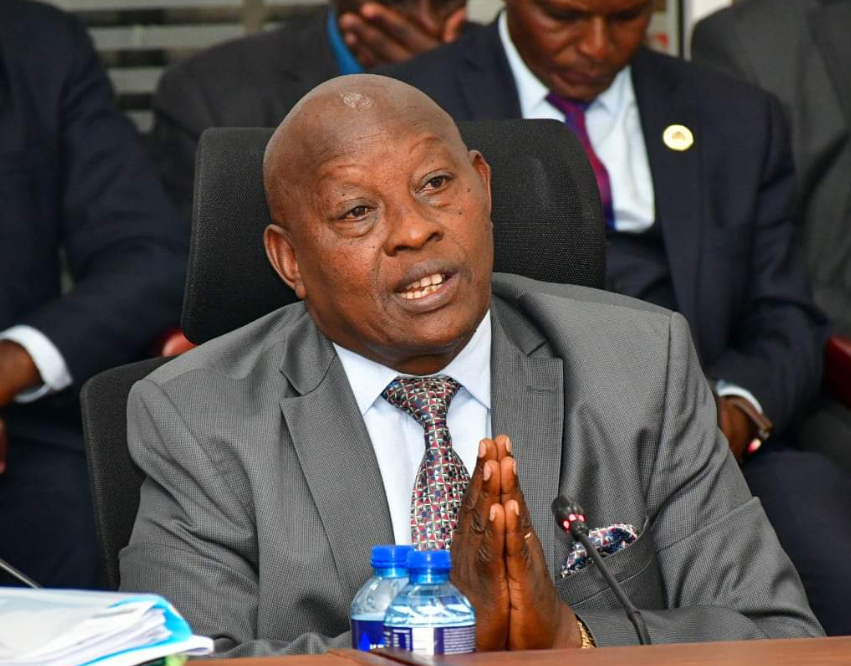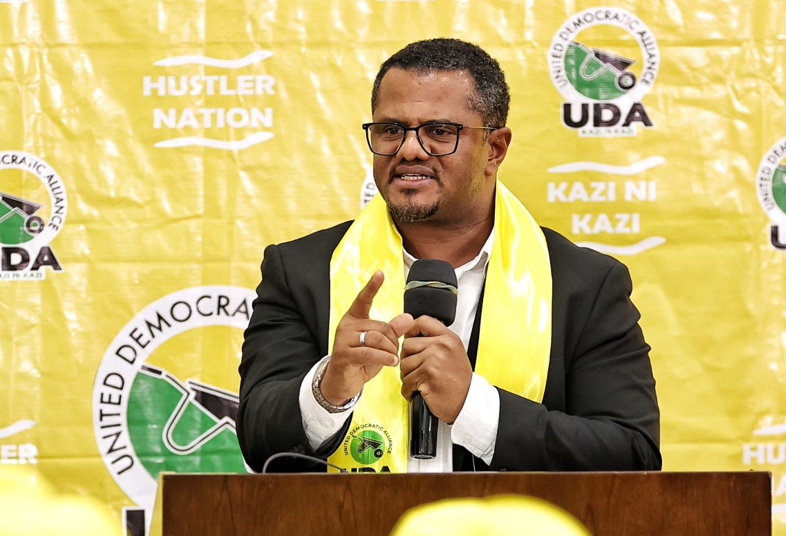Referendum leads road to 2022 succession race
Following the conclusion of the collection of the signatures in support of the Building Bridges Initiative (BBI), it is now a foregone conclusion that Kenyans will go for a referendum next year.
As the Independent Electoral and Boundaries Commission (IEBC) validates the signatures, which have surpassed the one million mark legal threshold, the Constitution Amendment Bill heads to the National Assembly and the Senate for legislation.
What this means is that the journey to the referendum is well on course and the 2022 succession race has been effectively activated.
Well, it has been going on below the surface since the last General Election, with supporters of the various contenders pitching for their potential candidates.
That the referendum, whose date is likely to be around mid next year is inextricably linked to the 2022 election, is beyond doubt.
What is not clear is whether the referendum and subsequent election will defy the extremely ethnicised Kenyan electoral process right from the grassroots.
The elephant in the room has become the subject of deep national reflection.
From what community will the next (fifth) President of the Republic of Kenya come, given that since independence 56 years ago the seat has been occupied by individuals from two communities, one three times?
Conventional wisdom has it that in the spirit of nationhood, inclusivity and fairness to consolidate unity and diversity of Kenya’s 42 plus ethnic communities, the next President should not emerge from these two communities.
Were that to be the case, it would make for interesting political commentary in view of the cast currently jostling to take over from the incumbent President Uhuru Kenyatta, who is technically out of the race after completing his two-term limit.
Uhuru has radically transformed Kenya’s political narrative following the famous ‘Handshake’ with former Prime Minister Raila Odinga that gave birth to BBI and the forthcoming referendum that is bound to shape Kenya’s destiny political and socio-economic destiny well into the future.
Their game plan has rattled the political scene as can be attested to by the heated debate surrounding the BBI with calls for additional changes and suggestions that the referendum be held with the General Election, an outcome whose fate appears sealed with the depositing of the signatures at the IEBC.
One potential contender and the main advocate of this line of thinking to tweak the Bill is Deputy President William Ruto, whose allies have been openly campaigning that he is their man for the House on the Hill.
However, the BBI outcome places him at a disadvantaged position, the historical occupancy of the highest seat in the land notwithstanding, even if he was to rely on the solid backing of his ethnic base.
So where does that leave us in the race for the most coveted political office in the land?
My crystal ball tells me that the BBI was cleverly crafted with the foregoing in mind to tilt the ethnic balance and that a new political coalition is likely to emerge before and post-referendum to August 2022.
Although he has not declared his candidature, Raila will almost certainly be on the presidential ticket of this coalition that envisages a Prime Minister’s position and two deputies in a hybrid system accommodating diverse ethnic communities.
Fervently supporting the BBI’s political equation since his insightful economic views were incorporated, ANC leader Musalia Mudavadi has now emerged as a key player in the elite high table of the Kenyan political chessboard. — [email protected]
